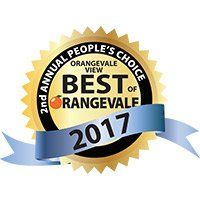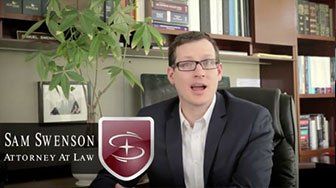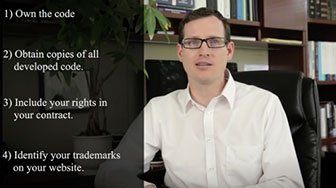PRACTICE AREAS
RATINGS
CONNECT WITH US
VIDEOS
Estate Planning Mistakes Of The Rich And Famous: Harper Lee
 Harper Lee, the auspicious author of the American literary classic, To Kill a Mockingbird
, passed away in February of this year (2016), leaving an estimated estate of 35 million dollars. While this number may be inaccurate, public court records showed that Lee earned $1.7 million dollars in six months during 2009, while sales of her second book, Go Set A Watchman
, were estimated to be $40 million dollars. Needless to say, Ms. Lee, using only a will, left a sizable estate to someone. We don’t know to whom or exactly what just yet.
Harper Lee, the auspicious author of the American literary classic, To Kill a Mockingbird
, passed away in February of this year (2016), leaving an estimated estate of 35 million dollars. While this number may be inaccurate, public court records showed that Lee earned $1.7 million dollars in six months during 2009, while sales of her second book, Go Set A Watchman
, were estimated to be $40 million dollars. Needless to say, Ms. Lee, using only a will, left a sizable estate to someone. We don’t know to whom or exactly what just yet.
Harper Lee was a very private person during her lifetime, giving her last interview in 1964. Yet, despite the fact that her father and sibling were attorneys, Ms. Lee opted to utilize only a will to dispose of her estate. Many question the wisdom of this, simply considering Ms. Lee’s private nature.
Wills become public record when submitted to probate. If Ms. Lee had chosen to utilize a trust, she would have protected the information contained within her estate plan. Instead, as the probate process unfolds, details as to the disposition of her property will be made public.
And there is yet another disadvantage of Ms. Lee’s choice to solely use a will. Legal observers estimate that it will take at least six months to a year for the probate court in Alabama to locate, secure, manage and distribute Ms. Lee’s assets. A trustee following a well-drafted trust with clear and specific provisions for the distribution of assets would easily complete this process much more expeditiously and efficiently.
Even those individuals with the utmost knowledge and wisdom could benefit from assistance regarding the disposition of their assets upon their death in order to transfer their property to their loved ones in the quickest, easiest, and most efficient way possible without conflict or delay. A well-drafted estate plan can accomplish all of this. To learn more about the estate planning options available in California, contact the legal team at The Swenson Law Firm.












